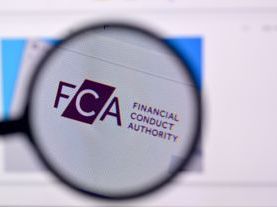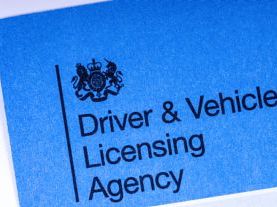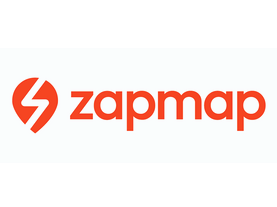The BVRLA has launched its Road to Zero Report Card today which shows the Government’s need to supercharge its electric vehicle strategy if it is to have any chance of meeting its new ‘net zero’ emissions by 2050 pledge.
The report was unveiled at the association’s summer Parliamentary Reception in the House of Commons attended by around 50 parliamentarians, including two Ministers, as well 150 BVRLA members, staff and guests.
In addition to highlighting issues around electric vehicle supply, the report shows that the government is failing in the following key areas:
- Tax policy – persuading large fleet buyers to go electric is one of the fastest ways to boost the number of EVs on the road. A lack of clarity about what taxes will be levied on the buyers and users of EVs in future years means they are holding back.
- Charge point access – there are still too many rapid charge point ‘blackspots’ and the ability to roam between different charging networks remains a challenge.
- Leading by example – the Government set a target to make 25% of its car fleet ultra-low emission vehicles (ULEVs) by 2022, but recent data indicates that only 2% are ULEVs, placing the Government way behind on its own plans.
The full 60-page report, which was produced in association with sustainability consultancy firm Ricardo, can be read in either a 16-page summary or in full on the BVRLA website.
Read the BVRLA press release issued 18 June: Government’s Road to Zero strategy is falling short




